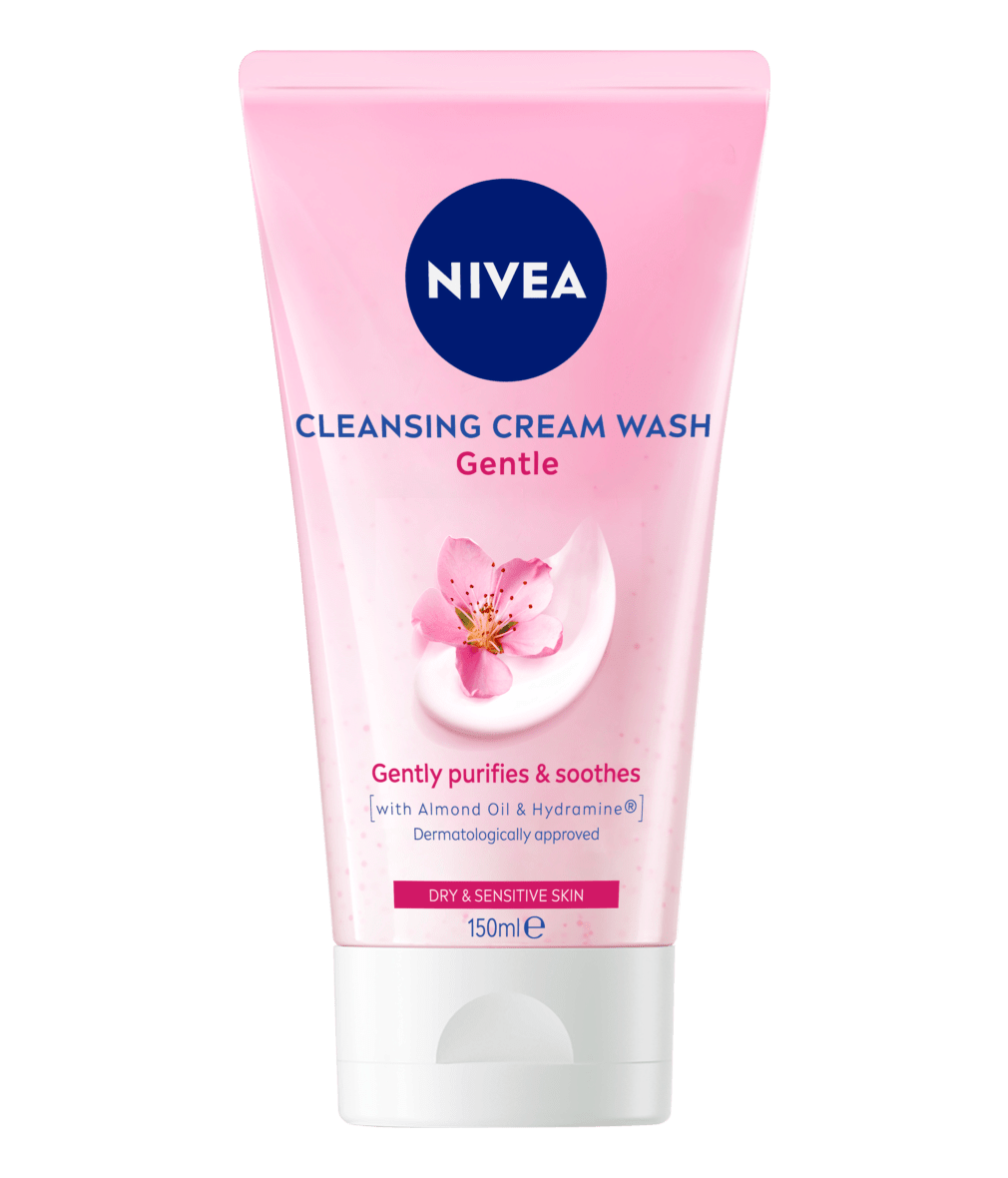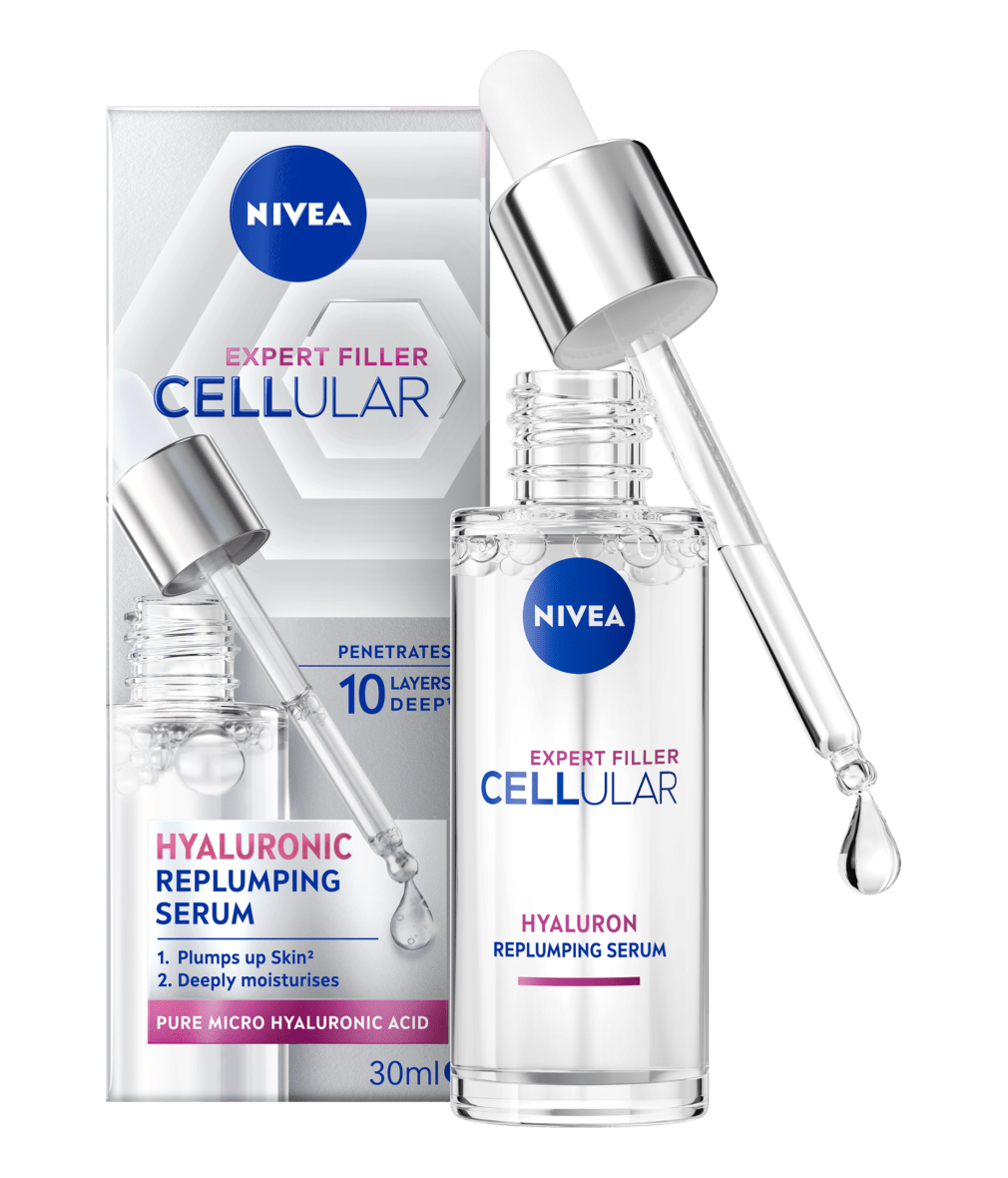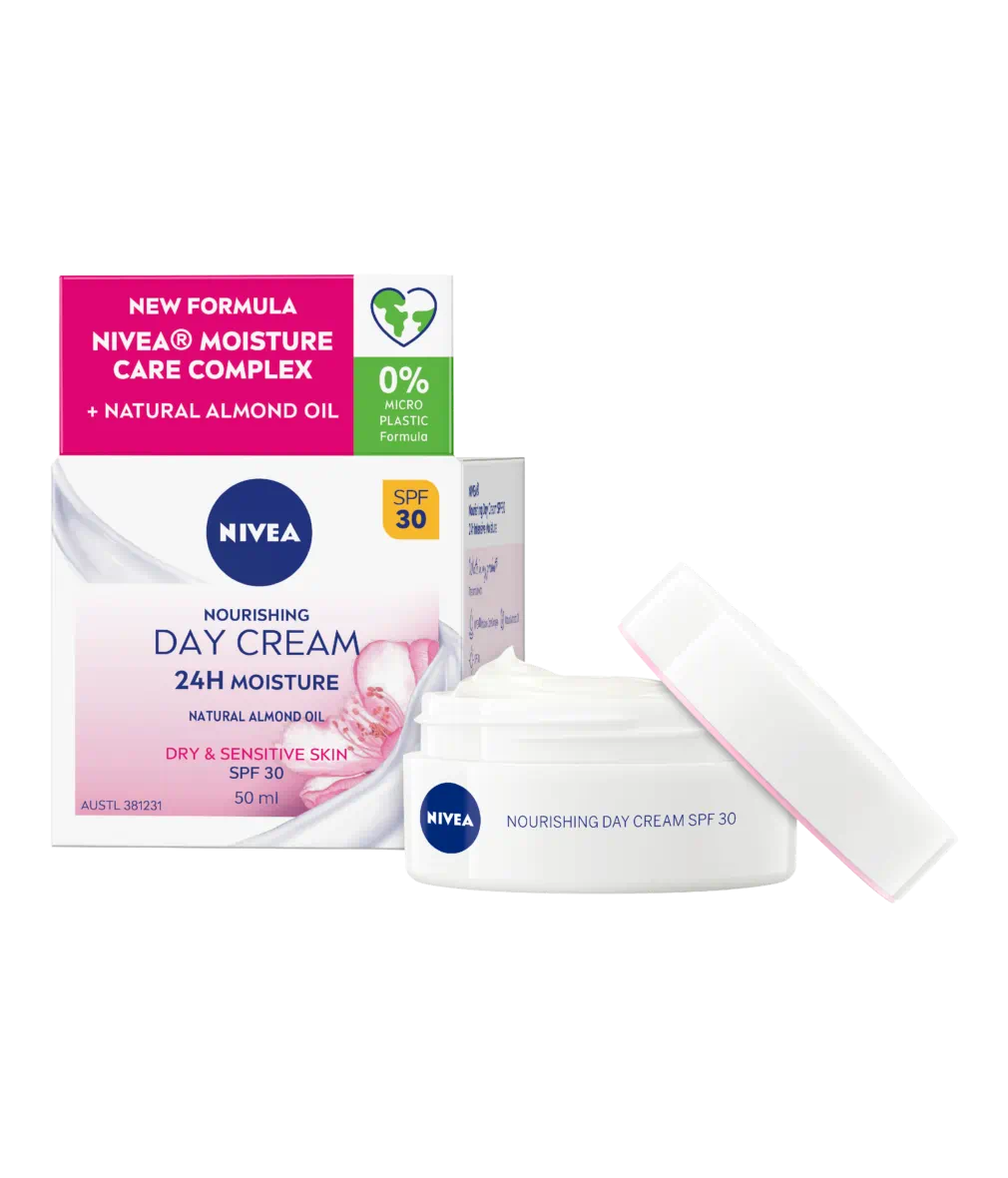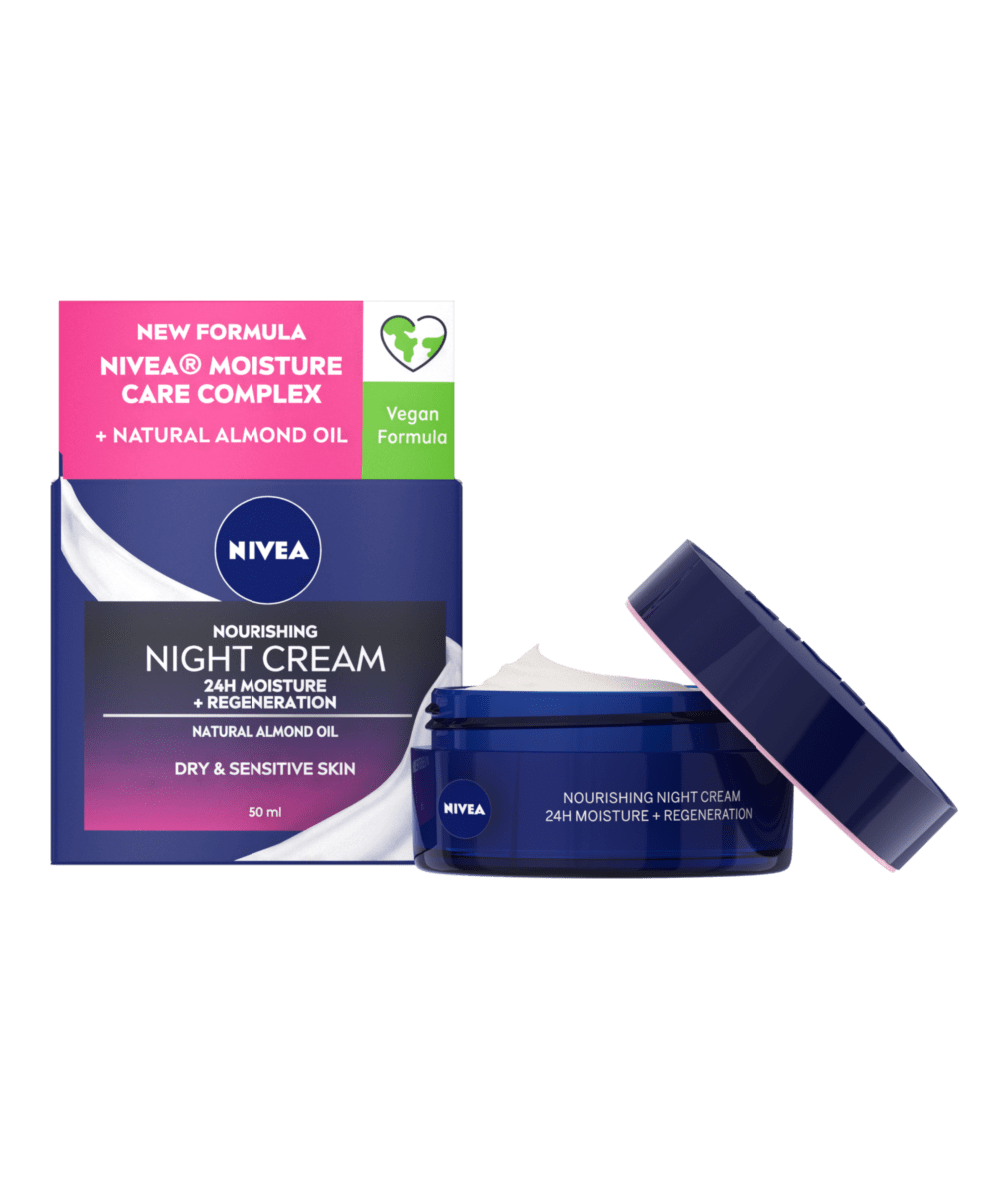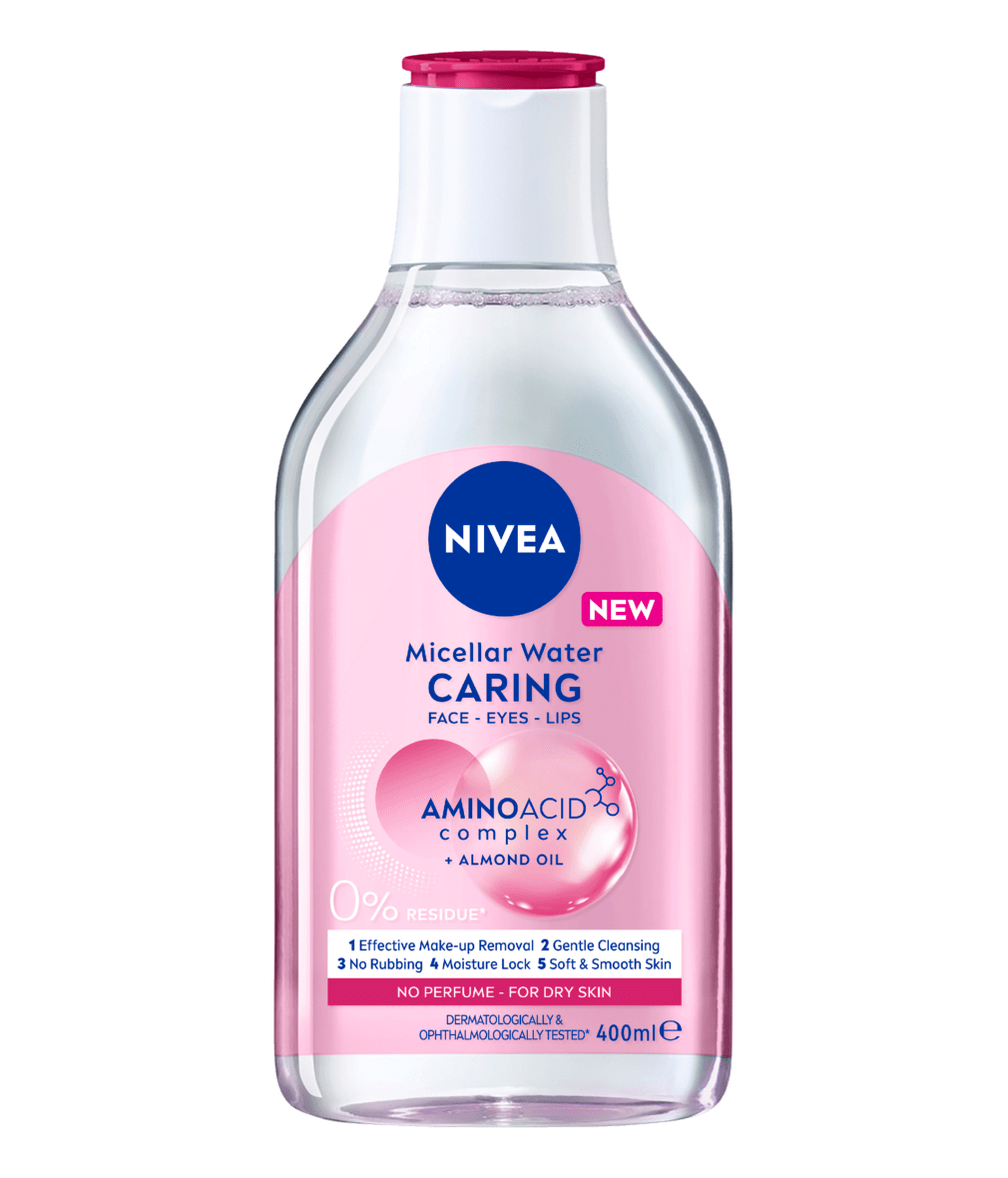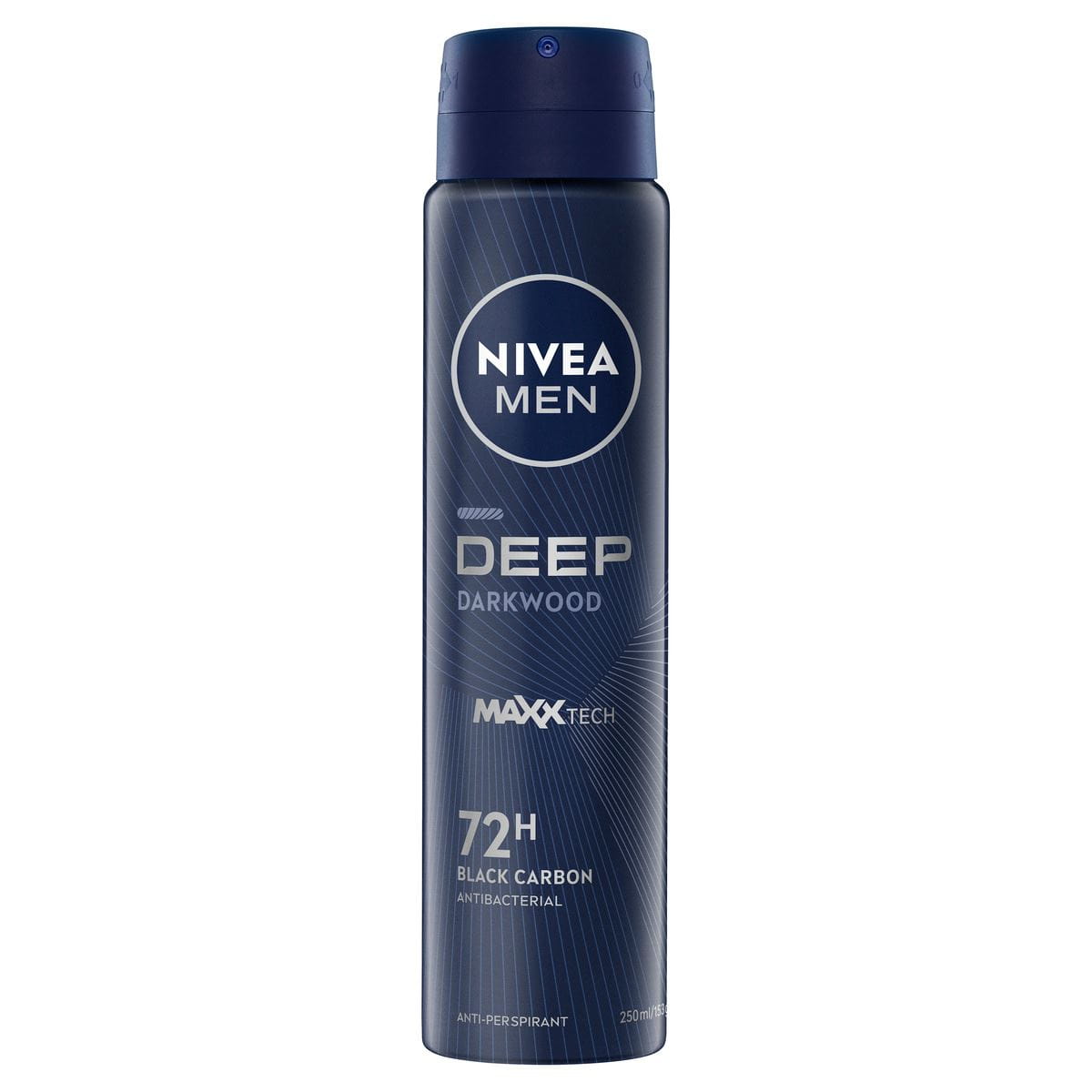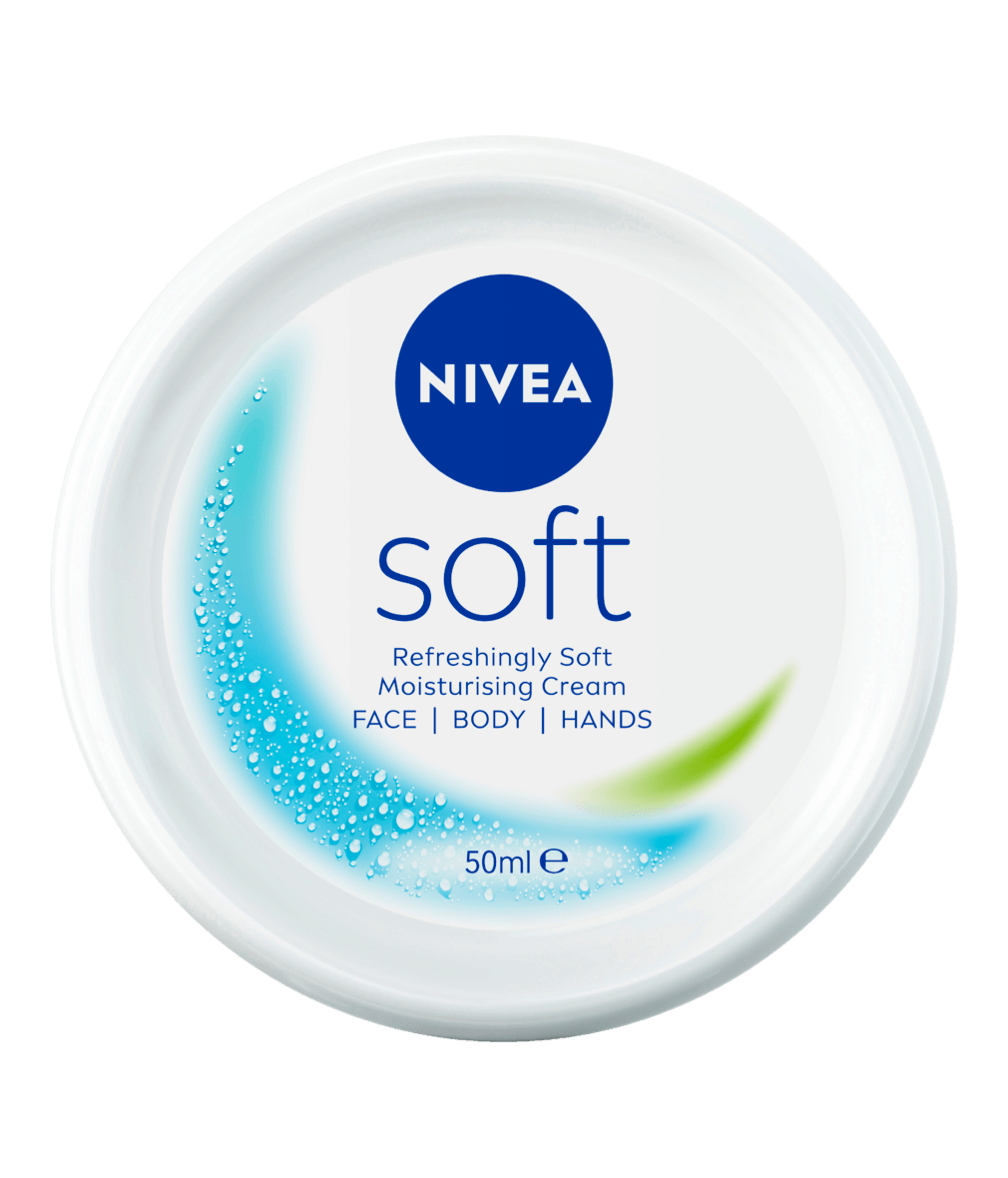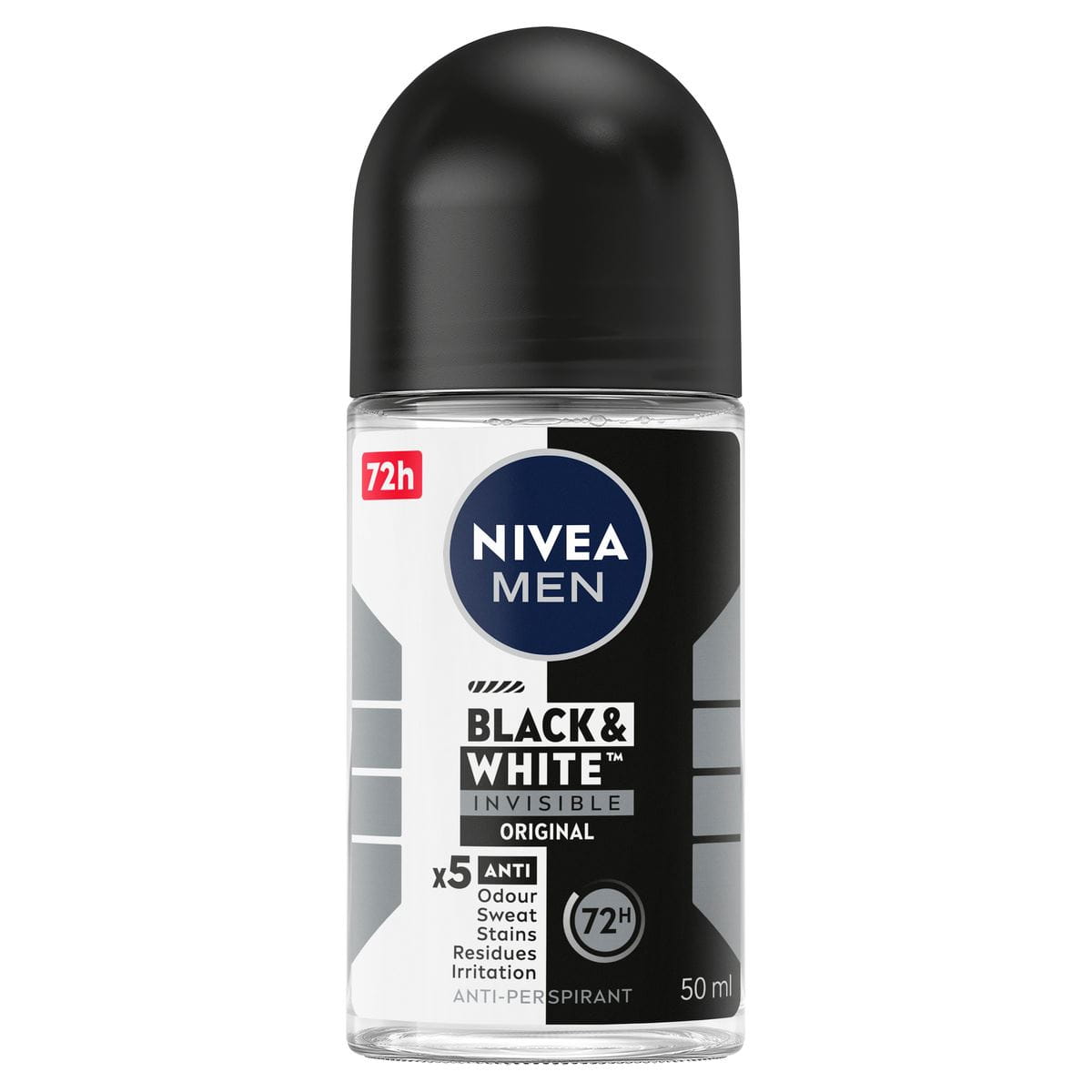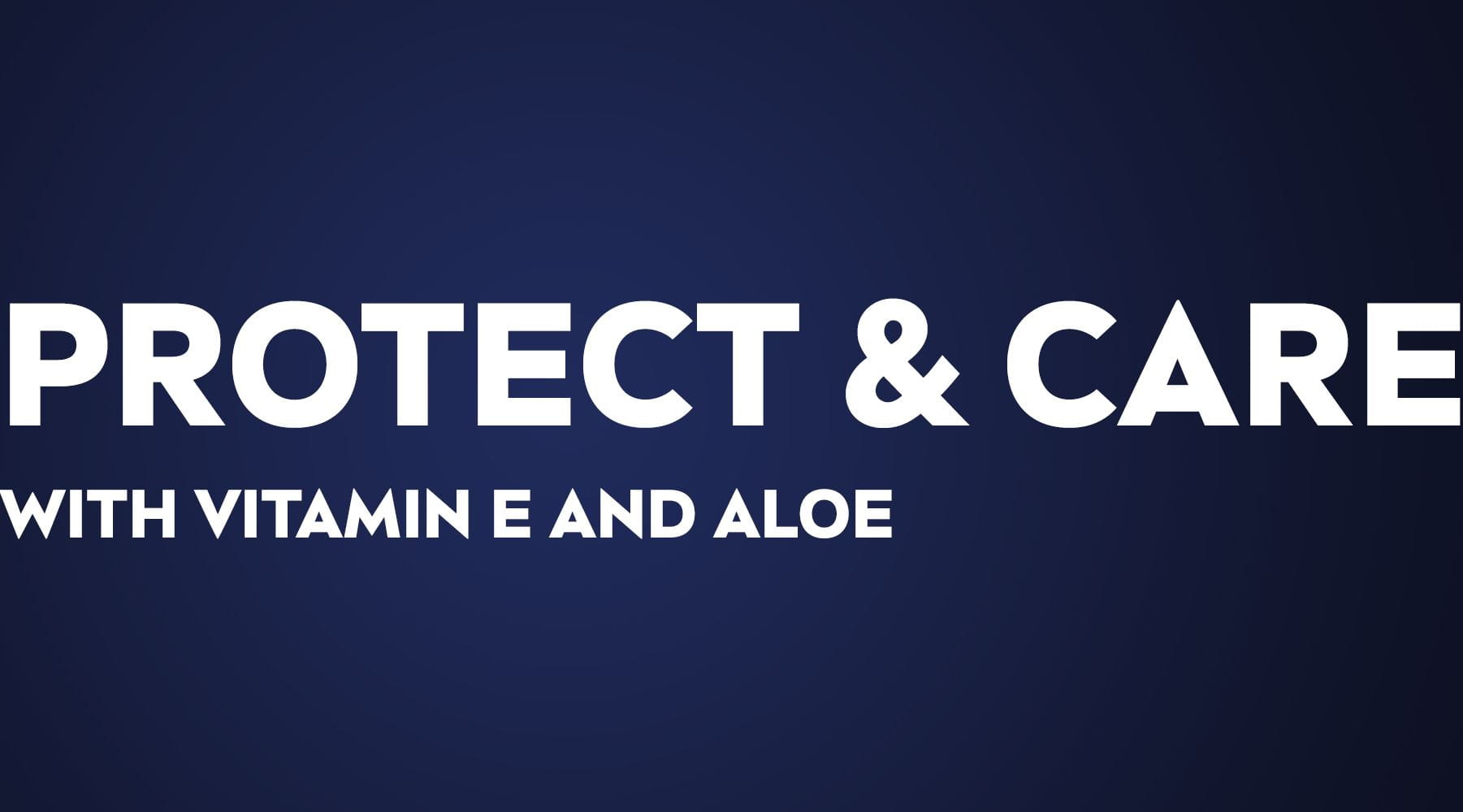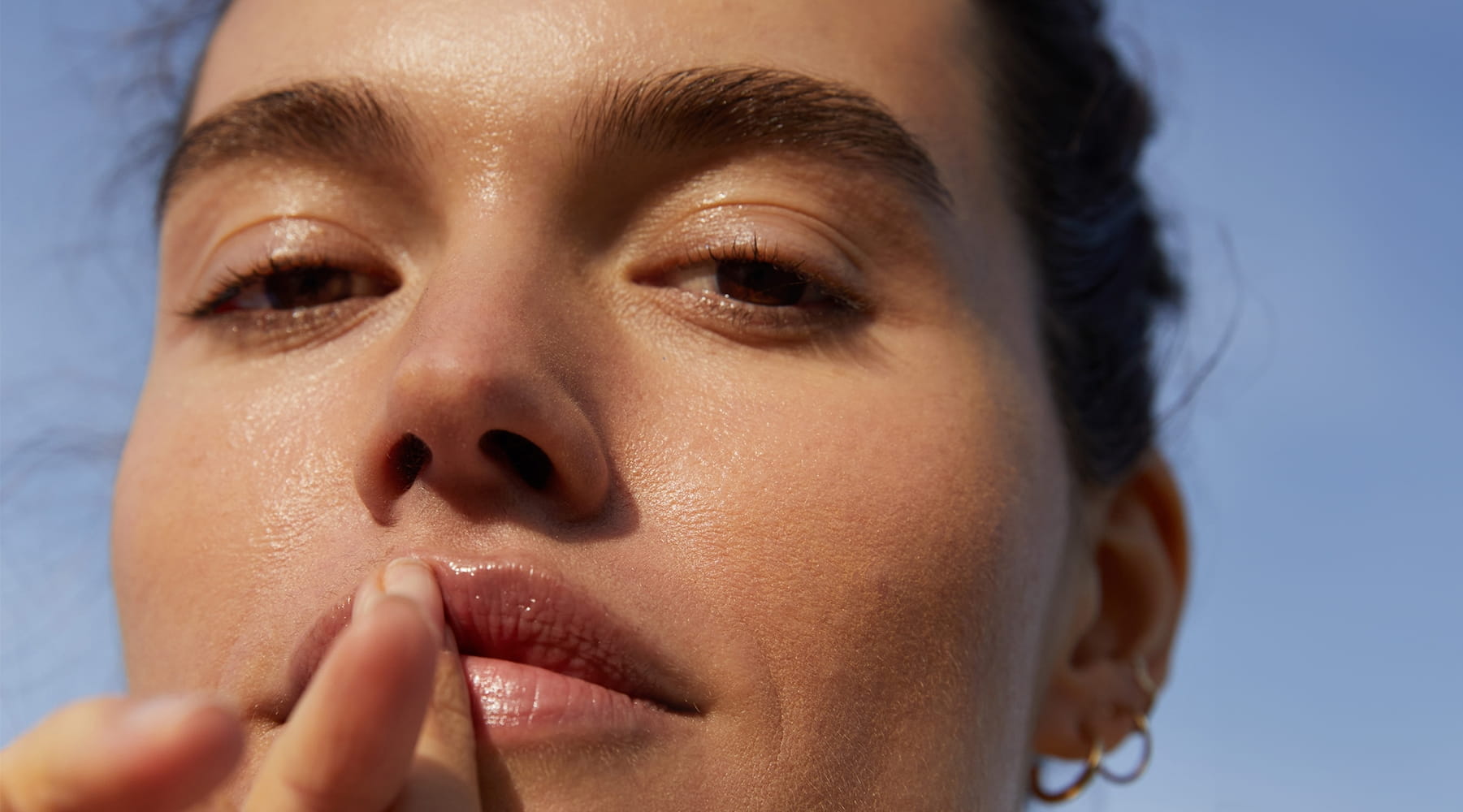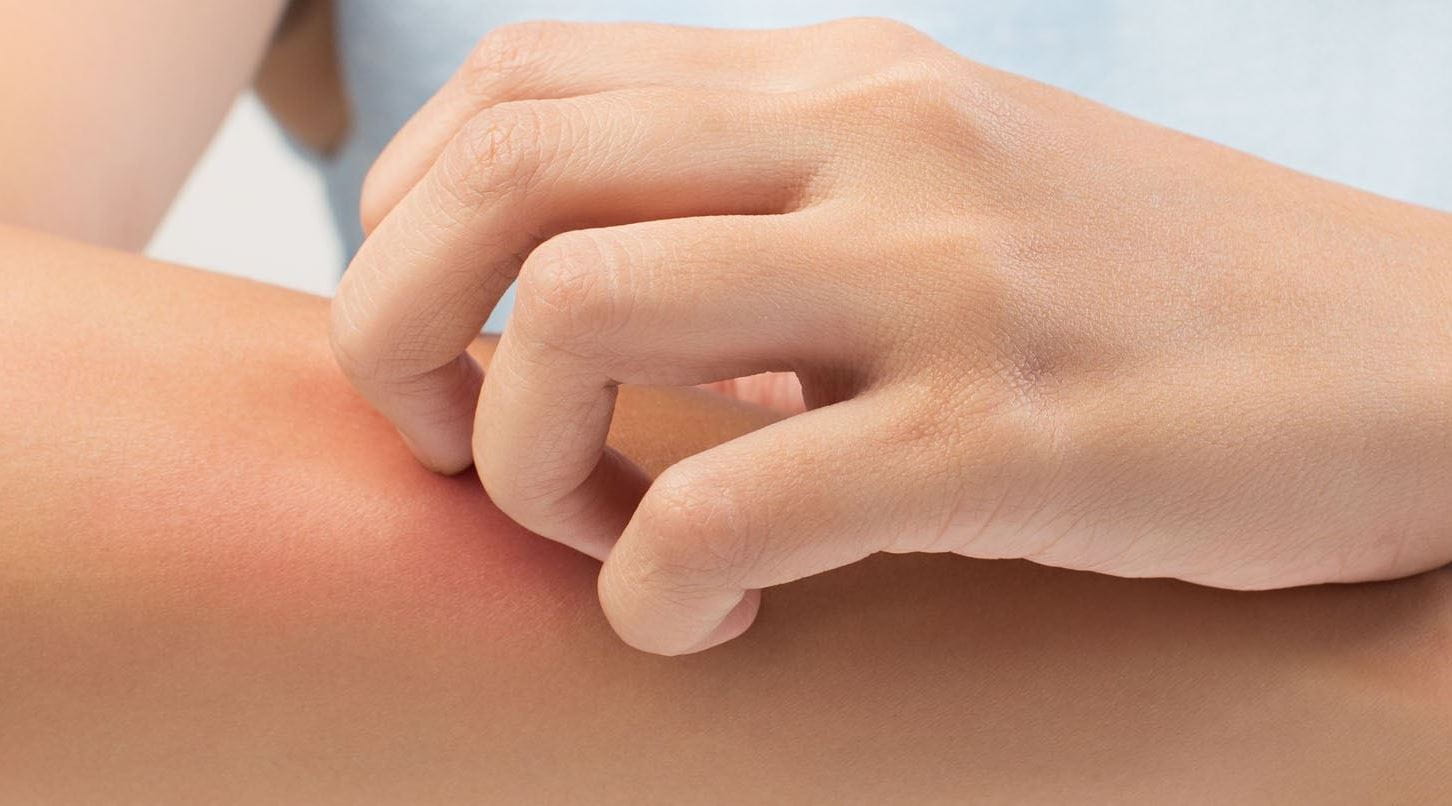
Dry vs Dehydrated Skin: Understanding the Difference
Learn the key differences between dry and dehydrated skin, their causes, symptoms & how to treat each condition effectively with NIVEA's comprehensive guide.
Dry vs Dehydrated Skin
It can be difficult for people to understand the difference between dry vs dehydrated skin. Although it is important to understand so you know the correct skincare solutions to treat your skin.
You have probably heard these terms interchangeably; you are most likely not aware that there’s a difference between dry vs dehydrated. The signs of both can appear very similar, however we will break this down, so the signs are clear.
It’s all about finding the best ingredient for dehydrated skin vs dry skin. Learning what your skin type is will motivate you to curate a personalised skin care routine to enhance your skin!
You have probably heard these terms interchangeably; you are most likely not aware that there’s a difference between dry vs dehydrated. The signs of both can appear very similar, however we will break this down, so the signs are clear.
It’s all about finding the best ingredient for dehydrated skin vs dry skin. Learning what your skin type is will motivate you to curate a personalised skin care routine to enhance your skin!
